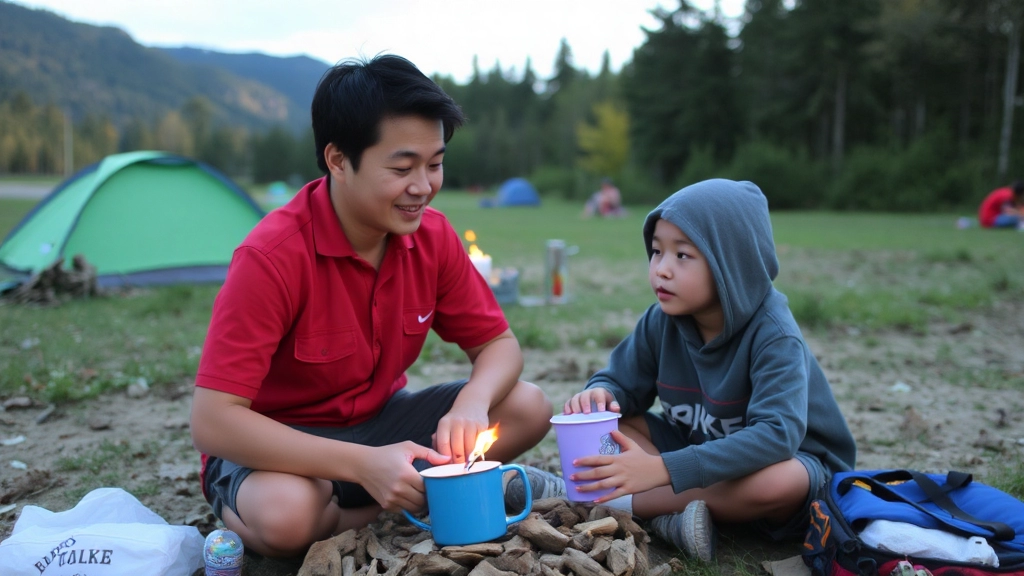In 2018, CoreVibe reached new heights with daring camping events across the Netherlands. We elevated the thrill of the camping experience to new heights by hanging tents over 100 meters high from Rotterdam’s iconic Mast of Europe.
In 2017, we hosted the inaugural CoreVibe adventure, pitching tents in the most unexpected places in Amsterdam. We launched the city’s first water campsite, bringing the outdoors to the historic Olympic Stadium.
If you’re keen to plan a camping event full of wonder and excitement, we’d love to explore potential partnership opportunities.CoreVibe is all about creating unforgettable experiences. Let’s get in touch and see how we can elevate camping to an art!
For our unique camping experience, check out our floating campground in Amsterdam.
